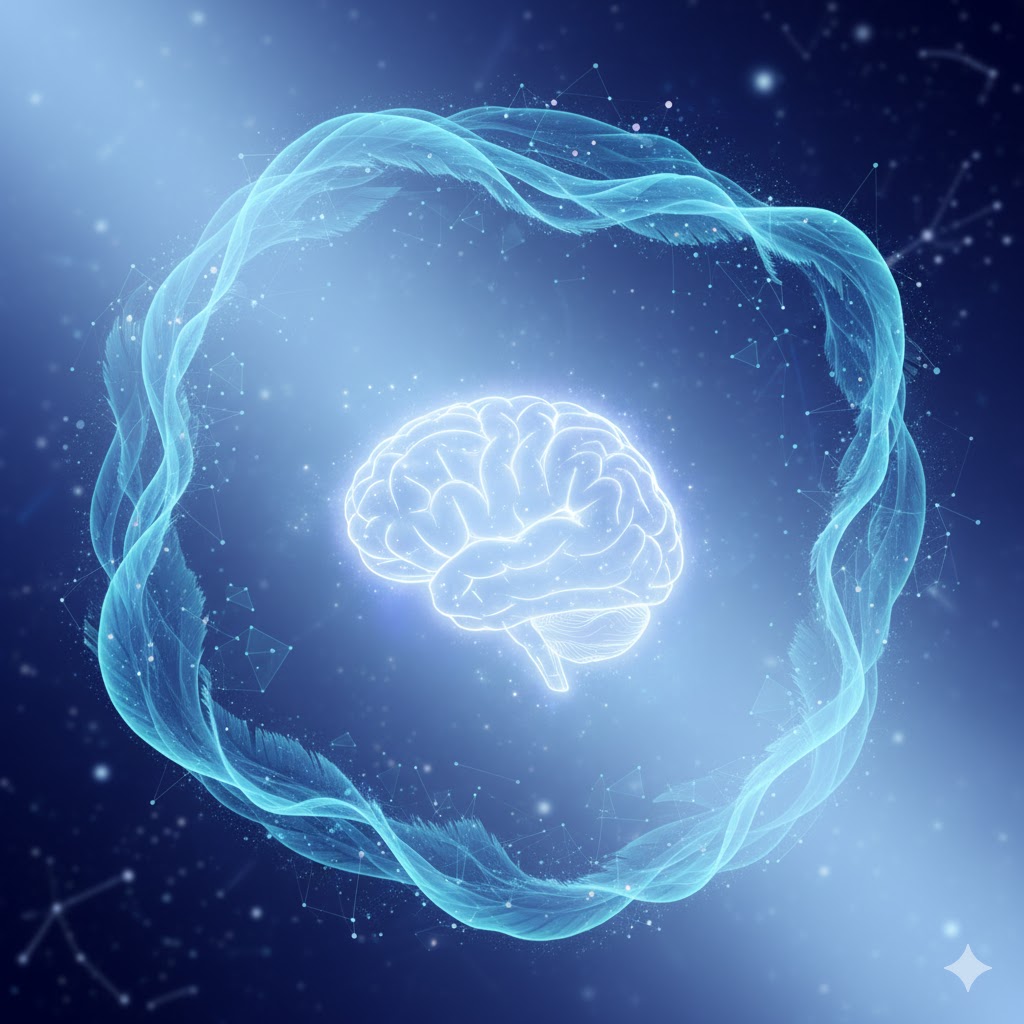The Role of Mental Health in Education centers students, emotional wellness, and learning in a way that feels practical, culturally aware, and search-friendly. Therapists remind us daily that tending to students is how nervous systems relearn safety. Think of this topic as a living lab where you experiment with breath, language, and pacing until calm becomes familiar.
Community-based therapists in Nairobi, Kigali, and Accra report that clients thrive when students is tracked daily. Translate that research into daily life by pairing sensory awareness, reflective questions, and supportive language that honors where you are right now.
Start with a five-minute ritual that blends emotional wellness with steady breathing and compassionate self-talk. Build a short checklist—breath count, movement cue, gratitude line—to keep the habit honest. Protect the ritual on your calendar like you would any high-value meeting.
Invite a colleague, partner, or sibling to mirror the routine—healing travels faster in community. Treat setbacks as signals, not verdicts; adjust the routine and keep moving with curiosity. This blend of personal responsibility and communal care is what keeps healing from feeling lonely.
Next steps: Move from reading to doing with Afritherapy resources—Therapists | Community | Marketplace | AfriTherapy MendAI | Events—each designed to deepen your relationship with sustainable mental wellness.





Comments (0)
Leave a Comment